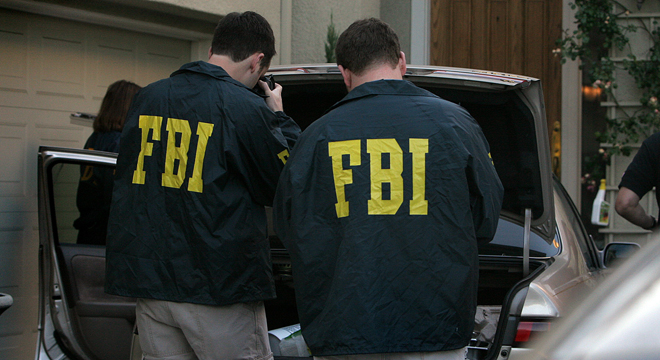Federal law enforcement officials had been worried about the “uncertainty” that a provision of the National Defense Authorization Act (NDAA) would create for agents dealing with a terrorist attack because of the plethora of qualifiers that would send a terrorist suspect into military custody. But the signing statement issued by President Barack Obama on New Year’s Eve appears to indicate that it should be business as usual as the administration develops implementation rules for the new provisions over the next 60 days.
Officials like FBI Director Robert Mueller had worried that Section 1022 of the NDAA “lacks clarity” about how law enforcement officials should handle a suspected terrorist at the time of arrest. That section required individuals who weren’t citizens or lawful U.S. residents who have had ties to al-Qaeda, the Taliban or “associated forces that are engaged in hostilities against the United States or its coalition partners” to be placed into the military system — facts that could be difficult to determine right off the bat (“They don’t wear al-Qaeda hats,” one law enforcement official official told TPM.)
A senior administration official said that Obama took as long as he did to actually sign the NDAA to give officials the most amount of time to implement procedures which are supposed to be in place 60 days after he signed the bill into law. His signing statement indicated that the White House could seek modifications to the bill from Congress if they find the guidelines unworkable.
But broadly, the administration will interpret the law in a way that gives them the ability to wave any military custody requirement and enact it in a way that allows counterterrorism flexibility.
It’s not entirely clear which aspects of the federal government will develop the rules and how much of a role the military would play in writing the rules. Heather Hurlburt of the National Security Network told TPM that the law probably wouldn’t have any near-term consequences given the president’s signing statement.
“There’s certainly a scenario under which an enormous amount of retraining has to take place, but if the interpretation of the White House is this doesn’t exchange any existing law or effect any existing practices” than it probably wouldn’t require retraining, Hurlburt said. “It does seem to me that the lasting effect is that it actually adds one additional layer of uncertainty where everybody said they wanted less uncertainty.”
The administration’s interpretation essentially circumvents the intentions of Congress, but so far there’s been little if any outrage on Capitol Hill (which is probably partially attributable to the timing of the signing statement and the fact that Congress is in recess).
Armed Services Committee Chairman Buck McKeon (R-CA) said in a statement on Saturday evening that he was “gratified” that Obama signed the legislation, but offered not comment on Obama’s interpretation of the law.
“One of those issues was the establishment of a common sense and coherent detainee policy,” McKeon said. “Sections 1021 and 1022 uphold the military’s authority to detain terrorists, and offer a structure for holding those who would do us harm; one both parties found preferable to the ad hoc course the White House has been on for nearly four years.”






